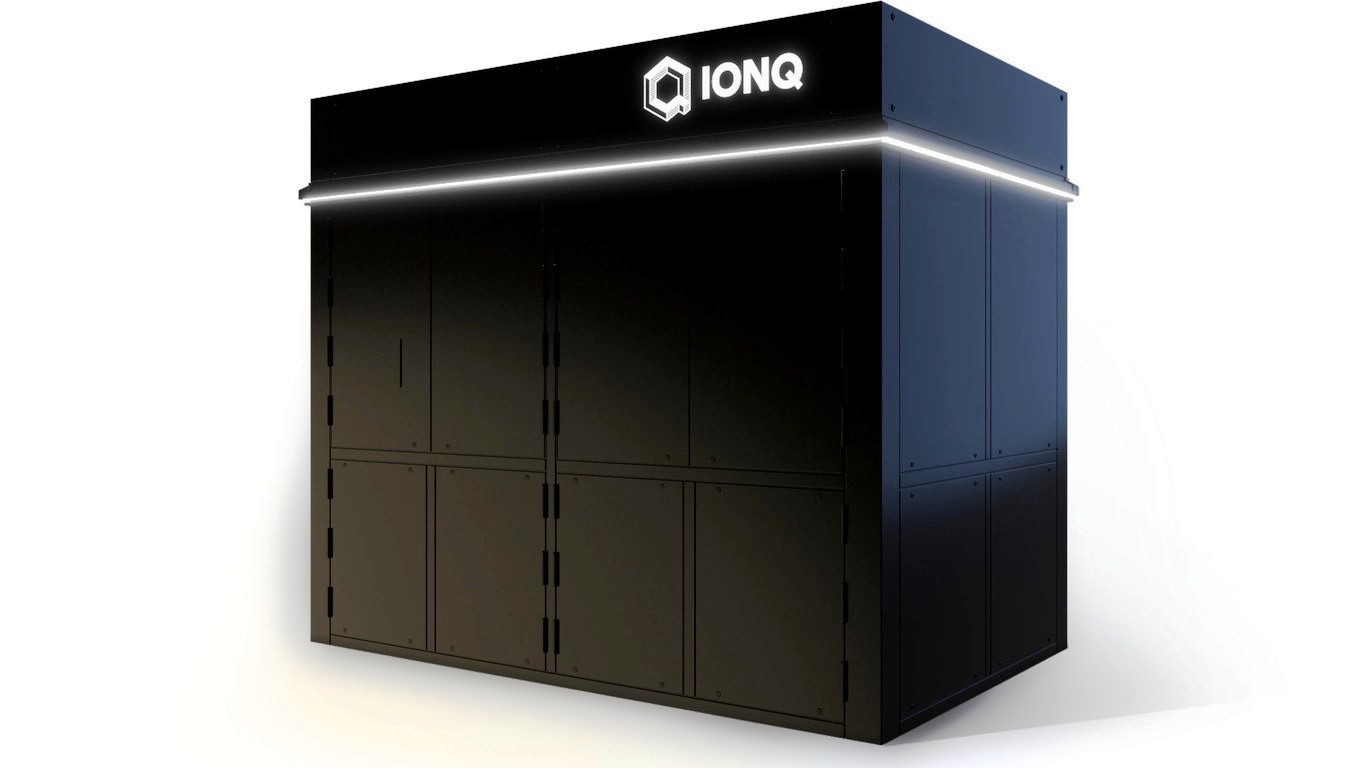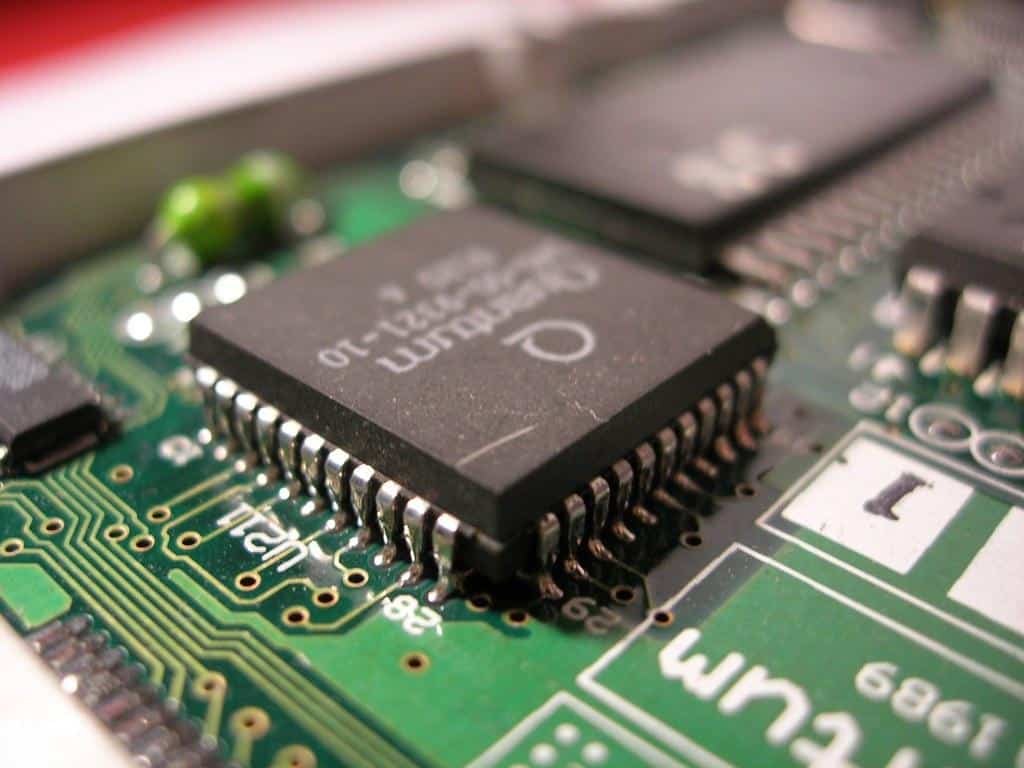Investing
IonQ Crushed After Quantum Computing's Immediate Viability Questioned

Published:

IonQ (NASDAQ:IONQ) is arguably the leading stock in the quantum computing space. Prior to today, its stock was up nearly 500% over the last three months as it works to push quantum physics into computing to make massive, complex calculations.
Quantum computers hold the potential to explore the complex patterns of probability occurring in any particular scenario and determine the likelihood of an outcome occurring. It does all this simultaneously.
Unfortunately, many say the devices can’t make the hyperscale calculations their advocates say they can and a regular computer can often do it better right now. They are also not any faster than traditional computers, and in some calculations, quantum computers are actually slower.
Despite this, recent advances had investors betting quantum computing stocks, especially IonQ, would be making quantum leaps forward and bid their share prices to the stratosphere.
Nvidia (NASDAQ:NVDA) CEO Jensen Huang, however, cut the knees out from under these stocks and sent their share prices careening lower. IonQ was down 42% in early afternoon trading.

The advent of artificial intelligence had many seeing quantum computers coming into their own. Where classic computers use a binary system of 1s and 0s, quantum systems use qubits, or quantum bits, which can be 1s or 0s, but also both, and an infinite number of possibilities in between, called superposition.
They also possess “entanglement,” a property much like superposition but with exponential operations. Qubits communicate and cooperate with one another, and are capable of vastly expanding the permutations possible.
Because they are able to do all of these complex calculations simultaneously, they are able to determine the outcome of any particular situation at blazing-fast speeds. It opens up the potential for real-world applications.
For example, financial institutions could analyze vast datasets and complex financial models for financial institutions to predict market trends, optimize investment strategies, and manage risk more effectively. Quantum computing could also accelerate the development of advanced AI algorithms, leading to breakthroughs in areas like natural language processing, image recognition, and decision-making.

Although IonQ had a tremendous 2023, with shares tripling in value, the entire sector took off beginning this past October after IBM (NYSE:IBM) opened a quantum data center in Germany to bring utility-scale quantum computing systems to its European customers. The data center features two utility-scale quantum computers outfitted with its 127-qubit IBM Quantum Eagle chip.
In December, Alphabet‘s (NASDAQ:GOOG)(NASDAQ:GOOGL) announced its Willow chip would “pave the way to a useful, large-scale quantum computer.” It promised the chip would reduce errors exponentially, cracking “a key challenge in quantum error correction that the field has pursued for almost 30 years.”
It was one of the issues holding back the technology from realizing its full potential and suggested quantum computing was much further along than many previously thought possible.
Nvidia’s Huang, though, caused the market to question whether what they had believed was all wrong.
Addressing CES 2025 in a Q&A forum, the CEO said “If you kind of said 15 years for very useful quantum computers, that would probably be on the early side. If you said 30 it’s probably on the late side. If you picked 20, I think a whole bunch of us would believe it.”
Suddenly, quantum computing didn’t seem on the edge of a breakthrough. Rather, it would languish for years before being ready.
IonQ has made real progress despite the doubts. It recently collaborated with the Oak Ridge National Laboratory to demonstrate a new approach to scalable quantum computing. It combined its high-performing, enterprise-grade trapped-ion technology with ORNL’s quantum technologies expertise to significantly outperform other quantum optimization algorithms.
The significance was it was able to reduce the number of two-qubit gates by over 85% for a 28 qubit problem compared to other algorithms, which paves the way for scaling to larger problem sizes and opening up uses for practical commercial applications.
Despite this, IONQ stock plunged from yesterday’s close of $45.59 down to just under $29 a share. Investors should put this in perspective. Had IonQ plodded along from $9 per share to its current valuation, everyone would cheer. But because it had rocketed above $54 before tumbling lower, there is a lot of teeth gnashing and hair pulling going on.
Jensen’s comments were a dose of harsh reality for many. IonQ’s fundamentals may not have justified its valuation, but quantum computing is coming into its own. Just maybe not as fast as many had previously hoped.
Thank you for reading! Have some feedback for us?
Contact the 24/7 Wall St. editorial team.